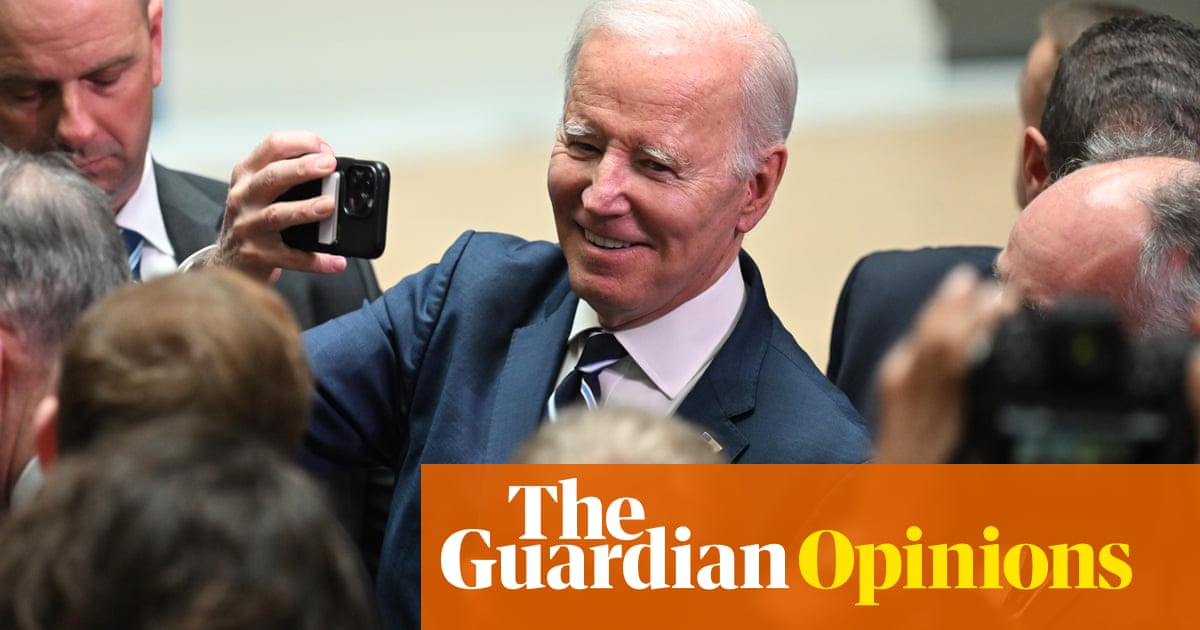
Can the US still play a role in the Middle East, or more precisely is the US still willing to play a role? These are questions observers in the region are persistently asking.
For the very first time in decades, they notice that negotiations and agreements are taking place between regional actors without the direct involvement or sometimes even knowledge of the US. Moreover they note that, along with a focus on its energy independence, the US simply does not care about the region.
This marks a significant change. In the past any commentator, whether in a café in downtown Casablanca or in a TV studio in Beirut, kept using the phrases “American green light” and “American veto” for anything related to the Middle East. As an example, Lebanese analysts could not imagine a government being formed without this famous US green light. This clearly showed the general belief — whether exaggerated or not —that nothing in the region would or could happen without Washington’s approval. This did not mean that the US would always succeed but it was the way things work or worked.
On major regional files, we quickly understood what was permitted for friends of the US as well as foes. Red lines were not to be crossed without facing severe consequences. This belief started becoming less relevant with the Obama administration. Since then, and along with a US Middle East fatigue, has come a downgrading of the importance of the region in favor of Asia with the strategy of “pivot to Asia.” This translated into a consistent reduction in the intensity and frequency of US interventions in the Middle East.
One might ask if the region is less important to the US or if the region since the so-called Arab Spring is less willing to listen to the US? It is probably a combination of both. The region can notice a new diversification of alliances to counterbalance this US disengagement and maintain their strategic security. Middle East commentators are not capable of evaluating if the US is successful in its pivot to Asia strategy, but they can see the strong push from China into their region.
Despite this US disengagement and the new arrangements taking place, there are still two major files that need to be solved for stability and that in my view only the US can resolve. The first one is the Israeli-Palestinian conflict. The second is Iran’s nefarious activities in the region, not only its nuclear program but its expansionist activities. Although being in a low intensity cycle today both files might flair up suddenly and at any time. The two are linked and one cannot be solved without the other.
To succeed, the US must play a different role. As regards the Israeli-Palestinian conflict, Washington should function not as a mediator but as a judge. Washington should evaluate what a fair deal should be. It must then bring all the parties together and impose the solution on Tel Aviv and the Palestinians alike. It was interesting to read Trump stating that Netanyahu never wanted peace, and therefore his peace plan of January 2020 that was mostly favorable to Israel failed.
Being a fair judge will guarantee the US regains what it lost in the years since 2003 and the Iraq invasion. I strongly believe that the Israelis would also welcome such US actions, even if it means concessions. They understand that they are spinning in a vicious circle despite their power superiority. They need the US to bring a peaceful solution. This solution must also guarantee for the Israelis the ability to live in peace in the region. The Abraham Accords are a strong sign of the region’s willingness to live in peace.
Yet this stability and this peace will never be reached if the mullahs in Tehran threaten all countries and their citizens. Here too, the US approach should be stronger. Beyond the nuclear deal, there should be clear red lines set for the Iranian regime. A main one is to dismantle its terrorist networks and various brigades in the region.
This would apply to both Hezbollah and the Houthis, as well as to other covert and disruptive groups in Iraq and the rest of the region. The US knows that these groups are nothing but artificial powers. It is high time this game ended.
Rewarding Iran with a nuclear deal when it keeps terrorizing the region is no way to bring peace and stability. This cannot and should not be the US’s closing act in the Middle East. One cannot imagine peace and stability when Hezbollah threatens with constant war and the Houthis keep up their military activities.
The US has the capacity to impose a solution on both these important questions and the key is that one without the other will simply not work. Israel needs what is called “tough love” and Iran needs to be brought in line.
I personally strongly believe that the US has been the main pillar of stability in the world and there is still a need for a strong alliance with Washington especially with new threats looming. However, one must understand that dealing with a friend demands much more work than dealing with an enemy. Therefore, a new and innovative approach is needed. So despite commentators’ views, I will not bet against the US.
Khaled Abou Zahr is CEO of Eurabia, a media and tech company. He is also the editor of Al-Watan Al-Arabi.
Disclaimer: Views expressed by writers in this section are their own and do not necessarily reflect Arab News" point-of-view












